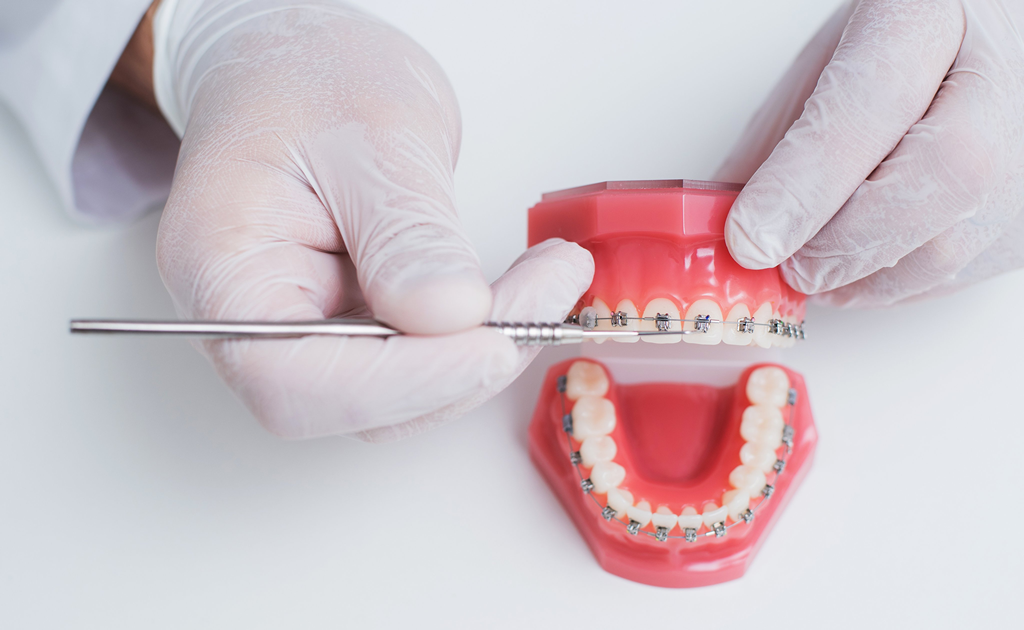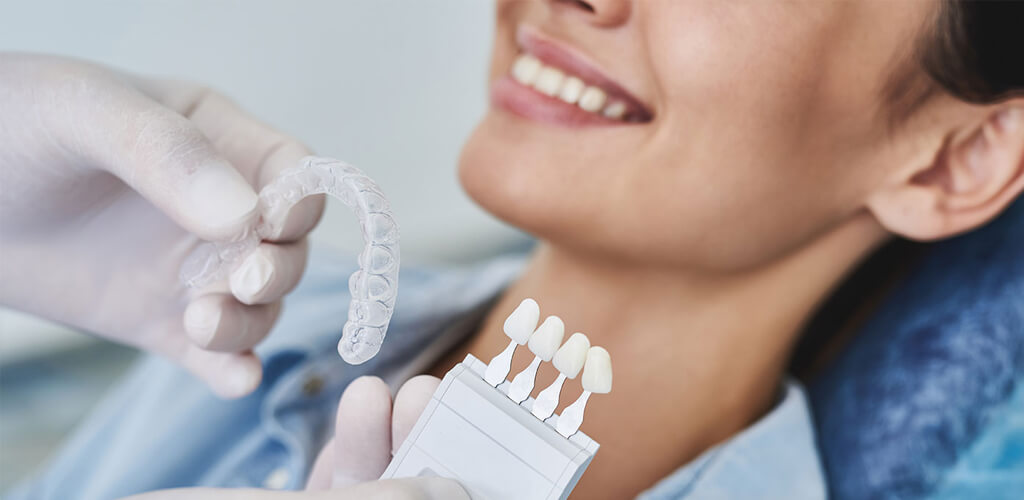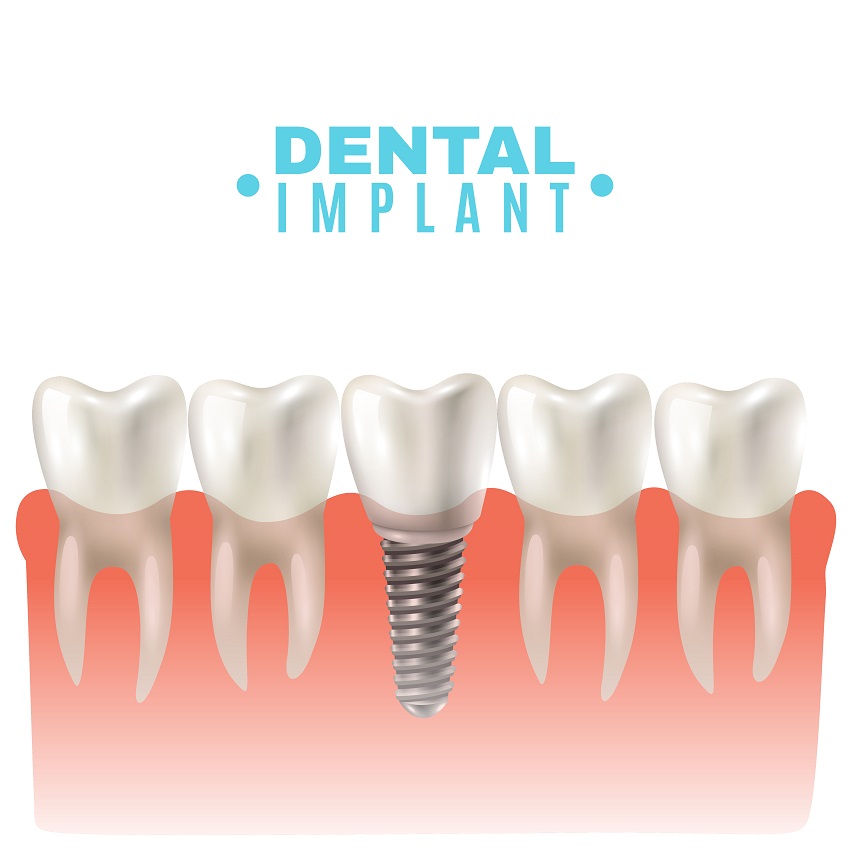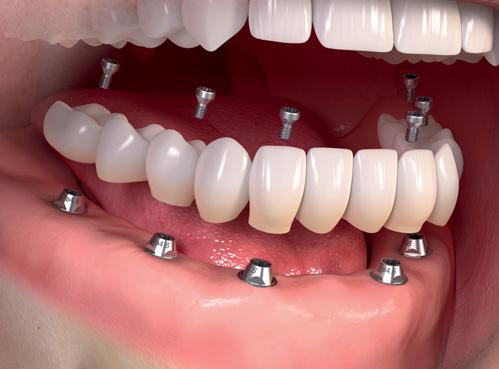How Dental Implant Can Help Fix Single Missing Teeth?
Are you chewing from only one side? And other side you have missing tooth then this blog is very helpful to you. Do you know the importance of teeth? You must understand the importance of teeth before you can understand dental implants. In below mentioned details we also discusses the benefits of having teeth and the drawbacks of not having any teeth. Visit 32 PEARLS® Multispecialty Dental Clinic and Implant Centre to learn more about the many benefits of having teeth.
Having healthy teeth offers numerous advantages, including:
1. Effective Chewing: Eating and eating food properly is made possible by having healthy teeth, which enhances digestion and nutrients.
2. Clear Speech: The formation of sounds depends directly on teeth. Better communication and clearer speech are correlated with dental health.
3. Aesthetic Appearance: You look better and feel more assured when your gums are shining with health.
4. Support for Facial shape: Your teeth help maintain the shape of your face. Missing teeth may give a sunken appearance over time.
5. General Health: Dental health and general health are correlated. Poor oral health may increase heart disease and diabetes.
6. Social Interactions: Having healthy gums could help you feel more at ease in social situations and enhance your social life.
7. Financial Improvements: You might save money in the future by avoiding costly dental operations if your teeth are healthy.
All things thought about, having good teeth enhances one’s physical, mental, and general level of life.
Mainly there are two ways for replacement of missing tooth
- Replacement with fix prosthesis
- Replacement with Removable prosthesis
Removable prosthesis for single tooth replacement now a days out dated and no one using it.
There are also 2 parts of replacement with fix prosthesis
- FPD (Fixed Partial Denture)
- Dental Implant
Dental implants offer the following benefits and are a realistic solution for replacing one or more natural lost teeth:
1. Natural Appearance: Implants are designed to feel and look like natural teeth. Customizing them to fit the colour, shape, and size of your existing teeth will enhance your smile.
2. Functionality: Implants allow you to eat a wide variety of foods painlessly and easily by regaining your natural ability to chew. You can chew any hard food.
3. Bone Preservation: The jawbone may begin to weaken when a tooth is gone. By stimulating the bone, implants assist preserve its density and structure.
4. Durability: Dental implants are a permanent fix that many people can rely on. Only once in six months routine check-up required.
5. No Effect on Adjacent Teeth: Implants stand-alone (no need to grind neighbouring teeth), protecting the integrity of neighbouring teeth in contrast to traditional bridges, which necessitate modifying neighbouring teeth.
6. Better Oral Health: By avoiding tooth movement and preserving correct alignment, implants can contribute to the general well-being of your mouth.
Usually, a Crown is attached after a metal post, such as titanium, is inserted into the jawbone, which acts as the tooth root. A dentist will assess your unique circumstances to decide on the best course of action.
Having No Teeth Can Have Several Drawbacks, Such As:
1. Chewing Difficulties: Impaired chewing skills brought on by tooth loss might affect nutrition and digestion.
2. Speech Impairments: Clear speech depends heavily on teeth. Communication might be hampered by slurred or confused speech caused by missing teeth.
3. Changes to the Face: Your appearance and sense of self-worth may suffer if your teeth fall out since your face may droop or appear sunken. You can lose your confidence.
4. Bone Loss: The jawbone may eventually weaken as a result of missing teeth since bone needs stimulation from teeth to maintain its density.
5. Shifting Teeth: As surviving teeth occupy the areas left by missing teeth, misalignment and difficulty chewing might result.
Overall, the absence of teeth can significantly impact both physical health and quality of life.
Types of Single Tooth Implants:
1. Standard implants: Most common type, suitable for most patients.
2. Mini implants: Smaller diameter, used for smaller teeth or limited bone.
3. Immediate load implants: Temporarily restored on the same day.
4. Zygoma implants
5. Patient specific implants
What Dentist Will Do?
1. Initial consultation: Discuss candidacy, costs, and procedure.
2. Surgery: Implant placement (typically under local anaesthesia).
3.Osseo integration: Implant fuses with jawbone (3-6 months).
4. Abutment attachment: Connecting piece attached to implant.
5. Crown placement: Custom-made crown attached to abutment.
Potential Risks and Complications:
1. Infection
2.Nerve damage
3. Implant rejection
4. Bone loss
5. Prosthetic issues
Factors Affecting Cost:
1. Implant type
2.Dentist expertise
3.Location
The chief Implantologist in India, Dr Jaimin Patel, performs all implant procedures at 32 PEARLS® Dental Clinic, which is accredited by the NABH. He has experience of placing more than 10000 dental implants. He is doing conventional implants, basal implants, zygomatic implants in particularly local anesthesia, so visit today at any center of 32 PEARLS® and get consultation to improve your quality of teeth and likewise quality of life.









